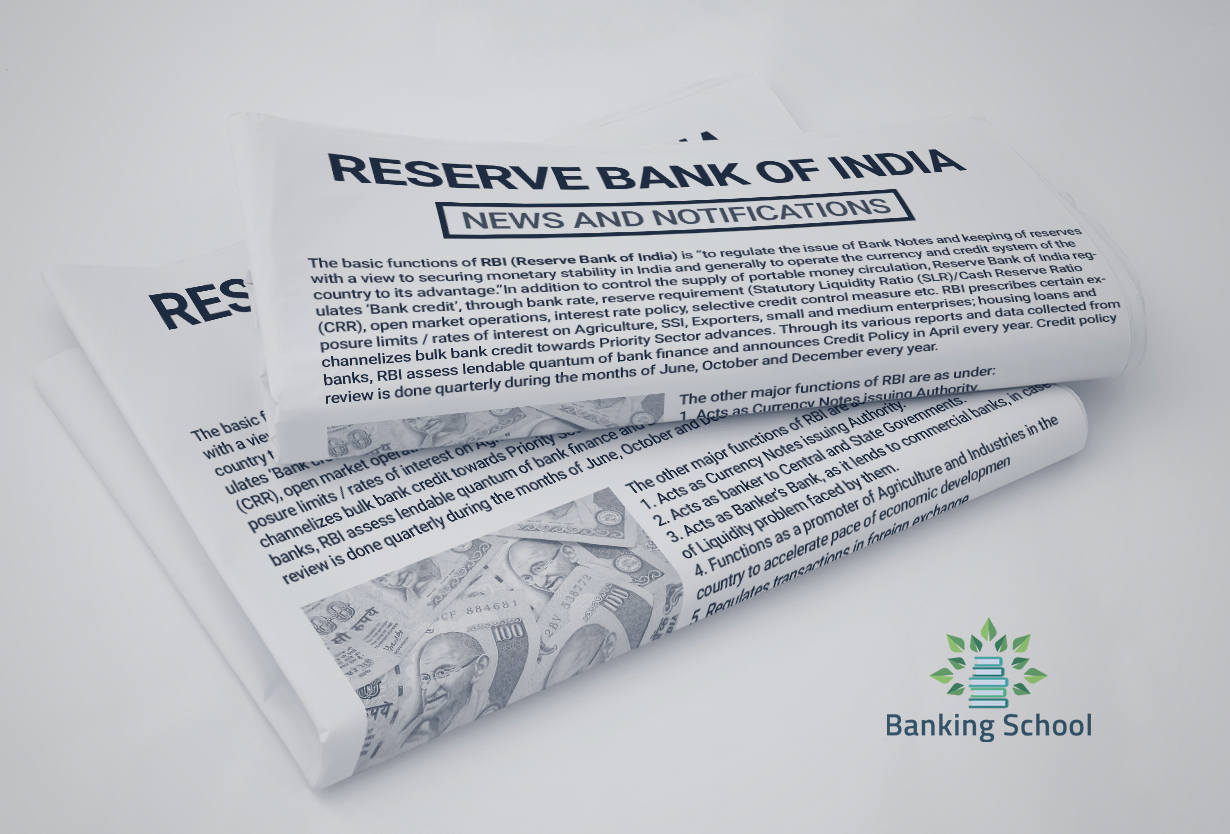Section 15 of NI Acts 1881 defines endorsement (Indorsement) as under
When the maker or holder of a negotiable instrument signs the same, otherwise than as such maker, for the purpose of negotiation, on the back or face thereof or on a slip of paper annexed thereto, or so signs for the same purpose a stamped paper intended to be completed as a negotiable instrument, he is said to indorse the same, and is called the “indorser”.
When the holder signs the instrument with the intention to negotiate it, it is called an endorsement. A simple signature of the holder on a negotiable instrument without any additional word constitutes an endorsement. The endorsement confers the property in the instrument to the endorsee (transferee) with the right of further negotiation.
The Endorsement of a cheque is the act of signing a cheque in the process of transmitting the amount of the cheque to somebody else. However, if a cheque is crossed and “Account Payee Only” or “Not Negotiable” is written on it, then it means that the cheque cannot be endorsed to anybody else. The cheque has to be necessarily collected by the banker of the payee on his behalf.
A valid endorsement constitutes the following:
- The endorser should be the maker or holder of the instrument. A stranger cannot be an endorser.
- The endorsement must be on the face or back of the instrument or on a slip of paper annexed thereto (Section 15 of N.I. Act 1881). (Refer allonge)
- The endorsement is complete only after delivery of the endorsed instrument to the endorsee.
An endorsement may be blank or in full. However, an endorsement for the part amount of a negotiable instrument does not operate as a legally valid endorsement.
Important types of endorsements:
Endorsement in the blank: When endorser just puts his signature without writing the name of a specific person (endorsee) above his signature is called endorsement in the blank.
Endorsement in full: In the case of order negotiable instruments, if an endorser writes the full name of a specific person (endorsee) above his signature. Such endorsement is called endorsement in full.
Restrictive endorsement: An endorsement that restricts the holder of negotiable instruments from further endorsements is called a restrictive endorsement.
Endorsement sans recourse: The endorser may not want to incur liability in the event of the instrument endorsed by him being dishonoured. In such events, the endorser endorses the negotiable instrument with the words ‘sans recourse’ or ‘without recourse’ or ‘at the endorsee’s own risk’. The ‘sans recourse’ endorsements clearly express that the endorser is excluded from any liability in the event of the instrument being dishonoured.
Partial endorsement: Where one endorses a negotiable instrument only for a part of the amount as against its full amount is called a partial endorsement. Legally, such endorsements are not valid.
Related articles:
KEY SECTIONS, DEFINITIONS & PROVISIONS UNDER THE NEGOTIABLE INSTRUMENT ACT 1881







